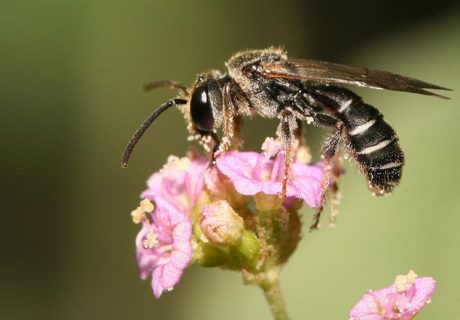Should we think about the Oxford Farming Conference and the small alternative Oxford Real Farming Conference in terms of “exploiters and nurturers”? Michael Wale, who attended both, has been finding out.
An Agro Ecology ‘Bill’ was launched at the alternative Oxford Real Farming Conference in a bid to bring a discussion among MP’s about non conventional farming.
Among those backing it publicly at a crowded meeting were a diverse group of supporters ranging from the Soil Association to Compassion for World Farming, the Pasture Fed Association, the Organic Research Centre, and Michel Pimbert from Coventry University agro ecology unit.
Pete Riley, of GM Freeze, explained: “ It’s an enabling Bill to come up with a strategy within two years. It would deal with CAP, research and development funding, overseas funding how it is deployed, agri-forestry, permaculture, organic farming.” But he warned: “We shouldn’t underestimate the lobbying that will go on to stop this Bill.”
John Turner, of the Pasture Fed Association characterised the two conferences as being about “the nurturers and the exploiters”. But interestingly, Turner insisted that the most important group to gain the ear of was the Treasury. Not because Treasury ministers didn’t have the exploitative instinct, but rather that “good agro-ecology makes sense economically.”
It took Turner to mention that there was another Conference going on. In some senses the two events were brought a little closer together this year by the launch of a fringe element on the eve of the establishment Oxford Farming Conference. Taking centre stage in one of the 20 minute fringe sessions was Soil Association chief executive Helen Browning.
The unusual guest here was Adam Quinney, a Warwickshire farmer who has worked closely with the organic led and Prince Charles’s-backed Future Farming Programme, who is standing for the presidency of the NFU. It would be a huge opportunity for the organic movement if Quinney wins the NFU presidency in battle with Welsh farmer Meurig Raymond. Quinney, although a conventional farmer, follows an almost organic programme. As he said of the Future Farming programme: “It has brought organic and conventional farmers together. It’s farmer driven. We can share information. We are all looking for new ways of doing things”.
Alternative or organic farming got no mention whatsoever in the Oxford Conference’s 78-page research booklet Opportunity Agriculture. The Next Decade. (brought to you by Syngenta among others). And, somewhat predictably, the environment minister Owen Patterson lived up to his stereotype on the day that he addressed the main conference.
His was a lacklustre performance, and when he met media afterwards he was in a particularly testy and un-cooperative mood. Hinting that he may not rule the agricultural roost for much longer. He is, of course, bombastic almost beyond belief, totally in support of GM, against the EC ban on neonicotoids and actually backing the chemical companies’ legal action, sceptical about climate change and crassly saying that elderly forests could be cut down so that development could take place – and new trees planted elsewhere. Wasn’t it forests that did for a predecessor, Caroline Spelman?
In contrast to the uninformative Opportunity Agriculture, Graham Harvey and Colin Tudge produced a Manifesto for a New Agriculture to celebrate the fifth anniversary of the Oxford Real Farming Conference. And that is absolutely superb booklet.





